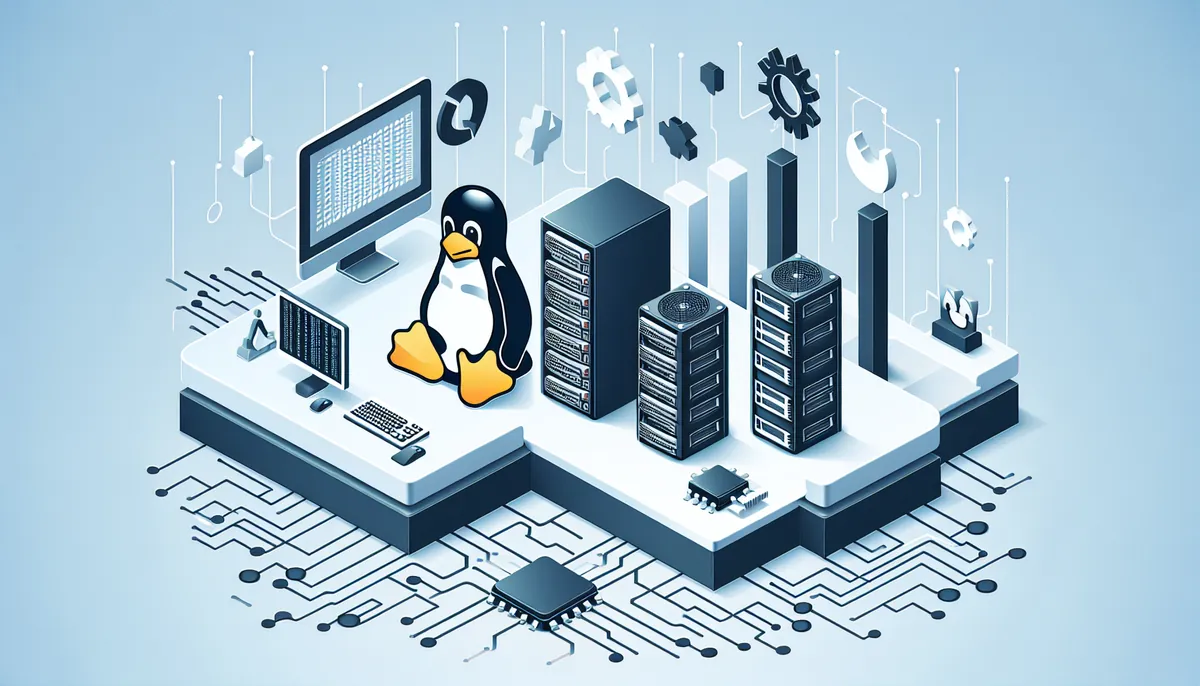Linux Shell Scripting: A Step-by-Step Guide for Beginners
Shell scripting is one of the most powerful skills you can develop as a Linux user or system administrator. Whether you’re looking to automate repetitive tasks or create complex system management solutions, understanding shell scripting is essential. This comprehensive guide will walk you through everything you need to know to get started. Understanding Shell Scripts … Read more











